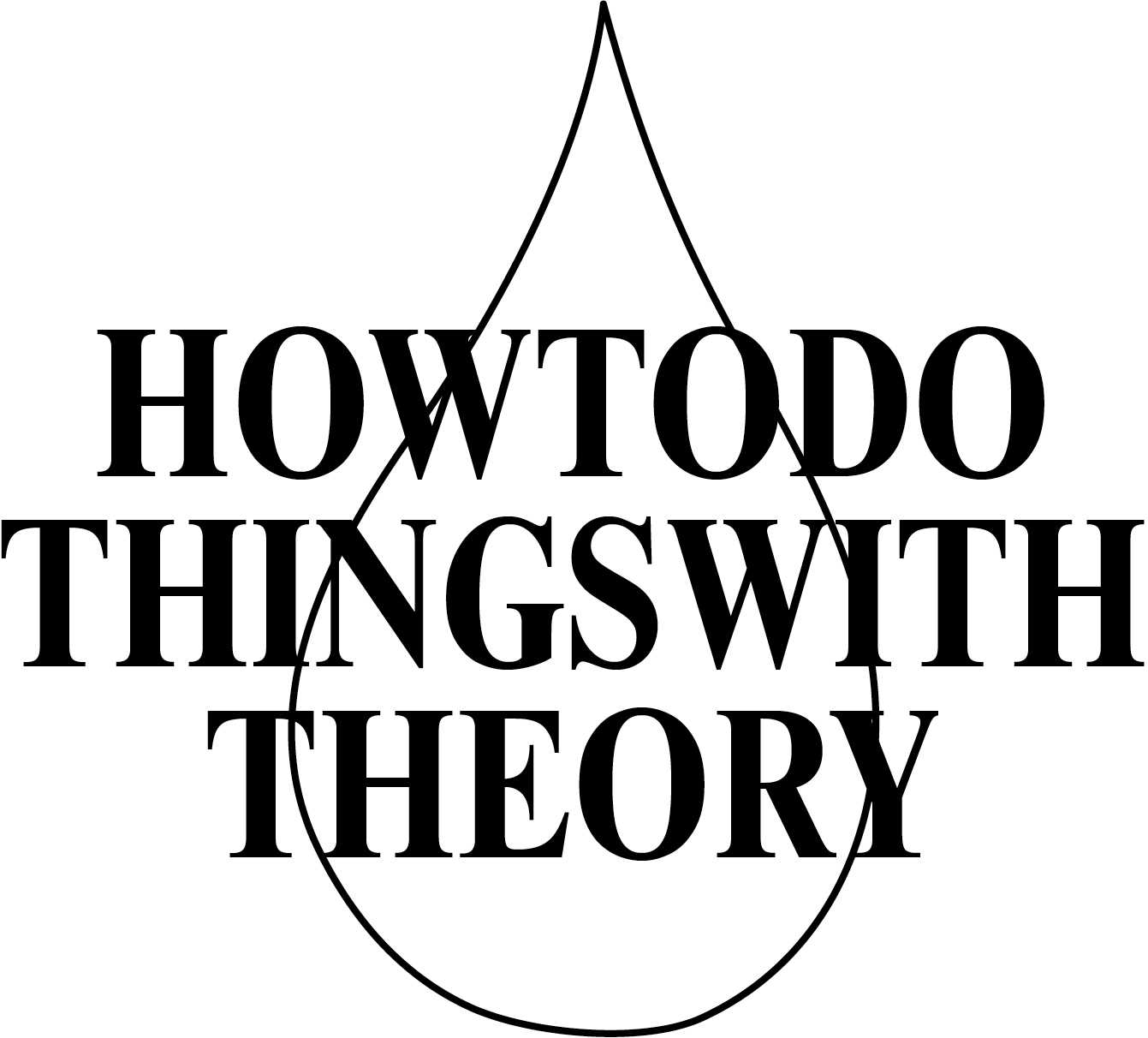Jimini Hignett: How to go on making art when everything is all fucked up
Mentor: Alena Alexandrova
Independent reviewer: Boris Buden
Enschede, 2010
ABSTRACT
How To Go On Making Art When Everything is All Fucked Up addresses the question of how to be an artist in the circumstances of today's world — the ecological catastrophe and the unchallenged rule of neoliberalism — a period in history different to that facing previous generations of artists attempting to establish their role in society — investigating work which is taking place at the mesh-point of artistic and activist practice, looking at questions of positioning and visibility, and at the extended boundaries of the directions which art today could take, and asking how to negotiate the minefield of the contemporary art world? Given the urgency of these times, can art have any significance, can it have a role as a tool for radical change for a better world? Is being an artist an ethical choice — and if so, what kind of artist do I need to be?
REVIEW
This piece is an excellent passionate subjective rant with a deep theoretical perspective and a quite overwhelming range of references and examples. The writer clearly is working her way through a problem, less in order to resolve it, than to sharpen her perspective and this is why reading this thesis is quite refreshing, since it doesn't even try to provide answers, but keeps coming up with more and more precise questions. Having said that, the theoretical and artistic contexts into which this inquiry is embedded prove that the thesis is clearly much more than a passionate subjective argument, but that it also has the substance, distance and overview in order to make its various points. The best thing about it is its emphasis on form on different levels, its own appearance as collage, its attention to style and punch. It is thus able to make a formal argument apart from a purely content-based one as well. A very good example, of how theory can be improved and augmented by introducing essentially artistic, that is aesthetic modes of argumentation.
Boris Buden is a writer, cultural critic, and translator. He studied philosophy in Zagreb and received his PhD in Cultural Theory from Humboldt University, Berlin

